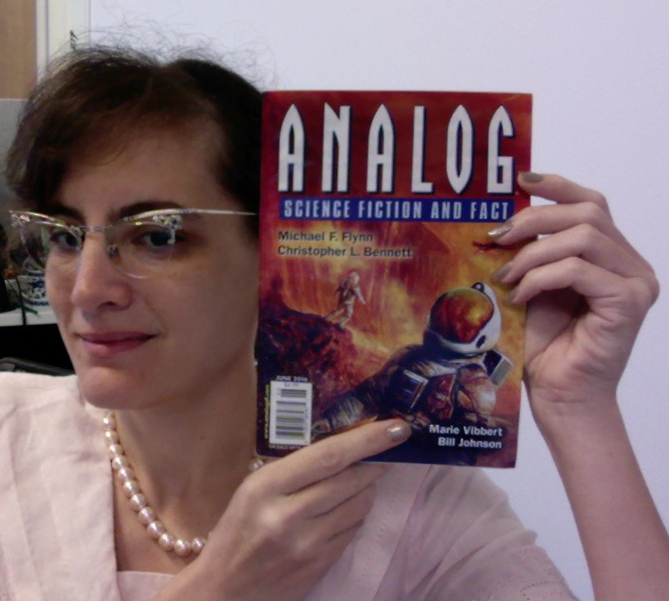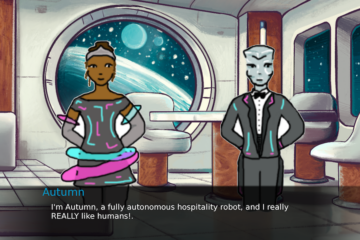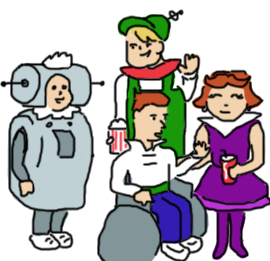The number one most common answer when I asked “What should I blog about?” was “How do I get into Analog?”
This is a rather presumptuous topic, considering I am not an editor nor in any way a part of Analog magazine, but having sold my ninth piece to that august institution, I suppose I have some experience in the subject.
The cheeky answer is:
- Write something Trevor Quachri will like
- Send it to him.
I cannot emphasize enough the importance of following BOTH steps. Number one does you no good without number two.
Now for the not-cheeky answer. The one you actually came here for.
I have a lot of thoughts about this because I spent a long time NOT getting into Analog. Analog was a dream market for me. I wanted very badly to sell them a story. For years and years I tried to write good hard sf. I read science articles for ideas and I listened to the advice of my workshop mates who had been in Analog.
Then, I took the step that was by far the most important and the one that you’re going to grit your teeth about because it’s literally what every editor says when you ask them how to get into their magazine:
I bought a subscription.
I know, I know! The thousands of stories I’ve read in Asimov’s haven’t gotten me in there, either, but there really was a sharp moment of discovery when I read my first newly-subscribed Analog cover-to-cover.
I had built up this idea of what Analog wanted, based on old issues I’d read and award-winning stories. I built up a whole imaginary Analog who had specific tastes. Dry, analytical, too clever by half.
My first note in my journal after reading that first issue was, “Holy gort, they really like alien stories!”
I’d stopped writing aliens because “they” said that “intelligent life is unlikely” or “it won’t be able to communicate like we do or look anything like what’s in stories.” So I felt like I simply couldn’t compete in writing aliens. I didn’t know enough biology. Yet here they were in black and white print, good old aliens that speak English!
The real Analog was a much funner person than the stuffy weirdo I’d conjured up from decades of snotty internet comments.
The scales fell from my eyes and I took notes. Analog liked traditional plot structures. Analog liked humor. Analog liked aliens. Analog liked competent protagonists. Ah me! I’d written so many stories with insecure failures as protagonists due to that foolish “write what you know” garbage. (I know a lot about being insecure and failing.)
I took a story I’d recently written, and I tweaked it specifically to give the protagonist at least one thing he was good at. And that was “Butterflies on Barbed Wire” my first Analog sale. Yes, okay, that was “one easy trick” wasn’t it? Have the protagonist be good at something. But it was reading the magazine itself that gave me a sense of what the editor actually enjoyed reading.
Have a plot structure. Make sure your ending resolves something. And have a competent protagonist. Have science, but it doesn’t have to be anything new or unusual. Just science. Or science fiction tropes. They really aren’t that judge-y. Make sure it’s polished and clean. Have a first reader. And of all these things, submit. Actually submit.
But don’t take my word for what they want. Read the magazine! Recent issues. Reading the old ones you got second-hand isn’t going to help as much. TRUST ME. Trevor is not Stanley and today is not 1990. Tastes change, and the state of the genre changes.
Also, do not, under any circumstances, listen to randos on the internet telling you what is or isn’t “acceptable in SF”.



